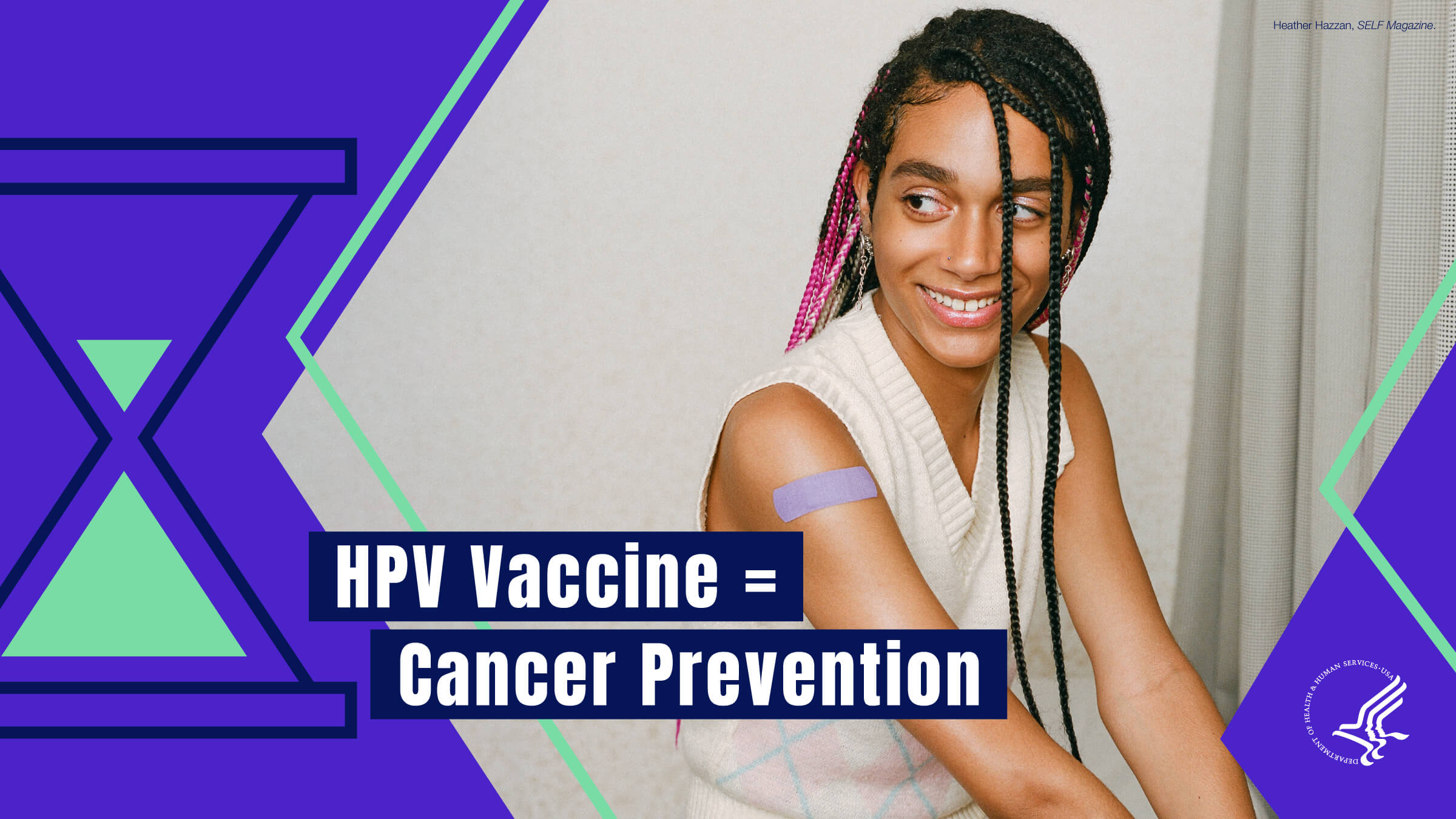Guarding Against Cervical Cancer: What You Need to Know About HPV

Did You Know? January is Cervical Health Awareness Month. As we approach the end of the month, we wanted to make sure to discuss one of the biggest concerns when it comes to cervical health – cervical cancer. Each year in the United States, about 11,500 new cases of cervical cancer are diagnosed and about 4,000 women die of this cancer.
Cervical cancer poses a risk for anyone with a cervix, especially people who are 30 and over. This cancer is primarily caused by a persistent infection of certain types of human papillomavirus (HPV). HPV is a common virus that is transmitted through sexual activity. While a significant portion of sexually active individuals will encounter HPV at some point, only a small percentage will develop cervical cancer. It’s important to note that HPV infections can also cause other types of cancers including vaginal, vulvar, penile, anal, and oropharyngeal cancer, as well as genital warts.
Fortunately, the HPV vaccine can prevent many of these diseases. Early detection through screenings is also an essential method in helping to guard against developing cervical cancer. Early detection significantly increases the chances of successful treatment and is linked to long-term survival and a good quality of life.
Read on to learn more about these preventive measures and how they can help safeguard against cervical cancer.
HPV Vaccine
The HPV vaccine offers protection from the primary HPV types causing cervical, vaginal, and vulvar cancers. It is recommended for preteens from 11 to 12 years, but can be administered as early as age 9. It is advised to get the HPV vaccine at this age because this helps ensure that children have established protection before any potential contact with the virus.
If the vaccine wasn’t administered at 11/12 years, it is still advisable to receive it, as the recommendation extends up to 26 years of age. Starting before 15 involves a two-dose schedule, six to twelve months apart; after 15, a series of three shots is recommended.
While not generally recommended for those over 26, adults aged 27 to 45 may choose vaccination based on risk discussions with their doctor.
Regular cervical cancer screenings are advised, even for those vaccinated, to ensure comprehensive health protection (see below).
Preventative Screenings
Pap Tests
Pap tests are necessary for detecting cancers and precancers in the cervix, often caused by the human papillomavirus (HPV). Early detection through Pap tests significantly increases the chances of successful treatment.
Routine Pap tests are recommended for most women aged 21 to 65, regardless of sexual activity, HPV vaccination, or menopausal status.
Experts advise the following:
- Pap tests every 3 years for women aged 21–29
- A choice of Pap tests every 3 years, an HPV test (see below) every 5 years, or co-testing every 5 years for women aged 30–65
- Based on previous testing history, some women older than 65 may need a Pap test
HPV Tests
The HPV test examines cervical cells to detect the presence of human papillomavirus (HPV). This test provides valuable information about the cervical cells, especially when the Pap test indicates abnormal cell changes. In such cases, the HPV test can specify whether a high-risk HPV type associated with cervical cancer is present, aiding doctors in a more comprehensive assessment of your cervical health.
Your healthcare provider can offer additional guidance to ensure you are receiving the proper screenings based on your age and risk factors. Regular screenings play a crucial role in early detection and intervention.
Summing It All Up
As we do our part to help raise awareness about cervical health this month, we hope you feel empowered to share these resources. Vaccination and screening are the tools to help eliminate this preventable cancer and you can help by spreading the word! We encourage you to learn more about cervical health and cervical cancer prevention by taking a look at the resources below.
Resources:
CDC – Basic Information About Cervical Cancer


